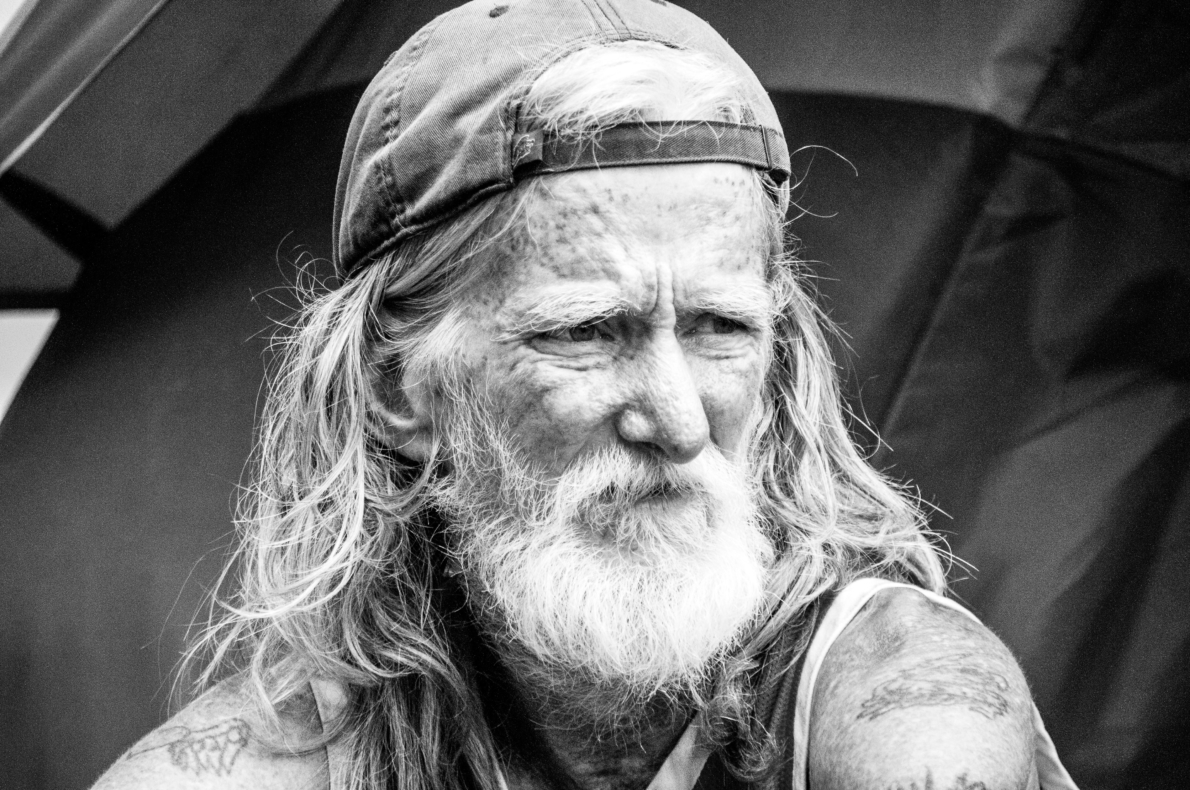On any given day, there are just shy of half a million foster children in the United States.4 In the latest report from the U.S. Department of Health and Human Services, Administration for Children and Families, Ohio had 177,368 total referrals for child abuse and neglect. Of those, 80,762 reports were referred for investigation.5 In 2016, nine of every 1,000 children in Ohio were abused or neglected.6
The tent village in Akron, Ohio, is filled with once abused children and children from the foster care system. For them, staying with family is not an option due to abuse, neglect or nonexistence. When family does exist and is available, it is not typically a never ending resource. Homeless people are homeless for a reason. Most commonly those reasons include mental health problems, addiction, learning or health disabilities and criminal records.
For example, we have had several autistic and intellectually disabled adults living in tent village whose parents could no longer support them after they reached adulthood. We have had an elderly man with dementia whose child was unable to care for him. We once had a woman with a severe intellectual disability, who showed up at our doorstep without the capability to even share her diagnosis. And we receive countless drug addicts at our day center seeking food, laundry service and showers. They live on the street because their family had to enforce tough love or risk the health and safety of themselves and other family members.
Many older homeless come to tent village and the day center after an elderly parent passes. It’s a common story of an adult child, with siblings, who lives with an ailing parent. The siblings see the adult child as someone who has failed to launch. The adult child believes they help care for their older parent. When the parent dies, the story is the same all over America. The siblings evict the adult child living with the elderly and let them know the free ride has ended. In this case, family was taking care of a likely homeless person for years, but they are no longer willing or able.
So what is the answer? Do we, as a society, have an obligation to care for those neglected or separated from their family support systems? Many say no. Others say it is the job of the government. Others still believe it is the role of philanthropists to rise to this occasion.
The Homeless Charity has heard the call to step in and do what we can for the invisible and alone. Humans should have basic rights to things like safety, food and shelter. We are doing what we can to ensure those needs are met.
Interested in reading more? The book is available on Amazon.
